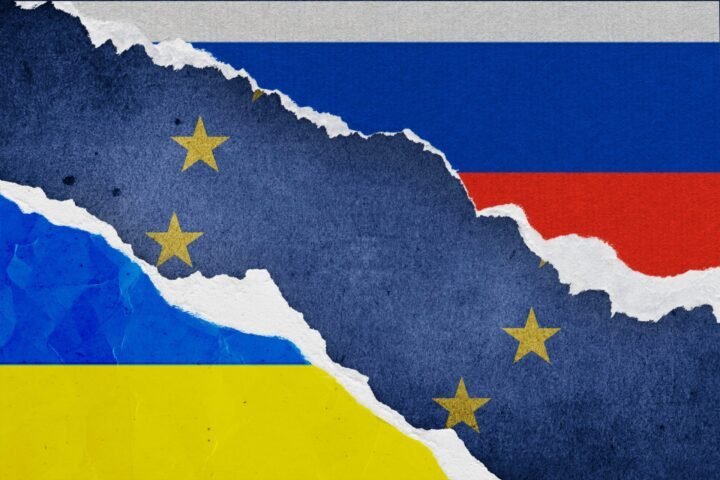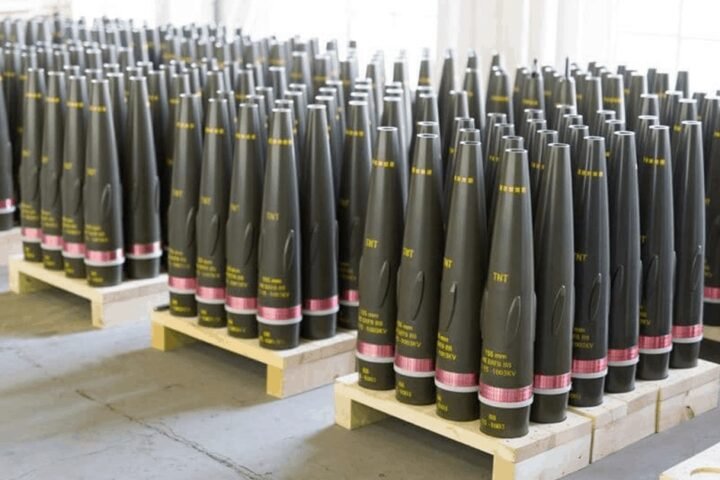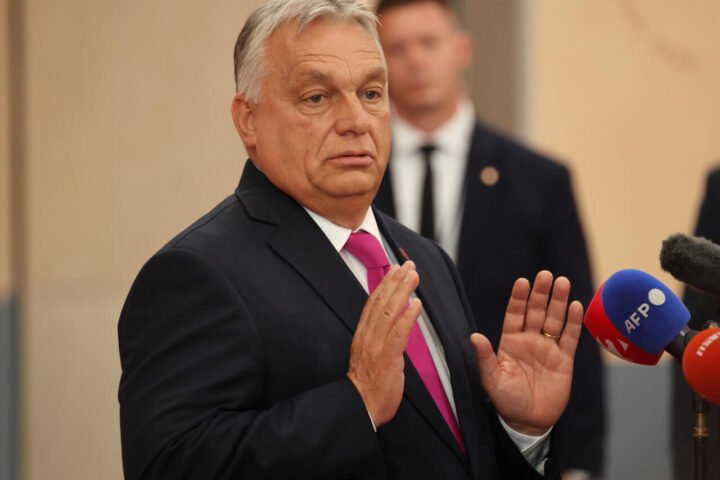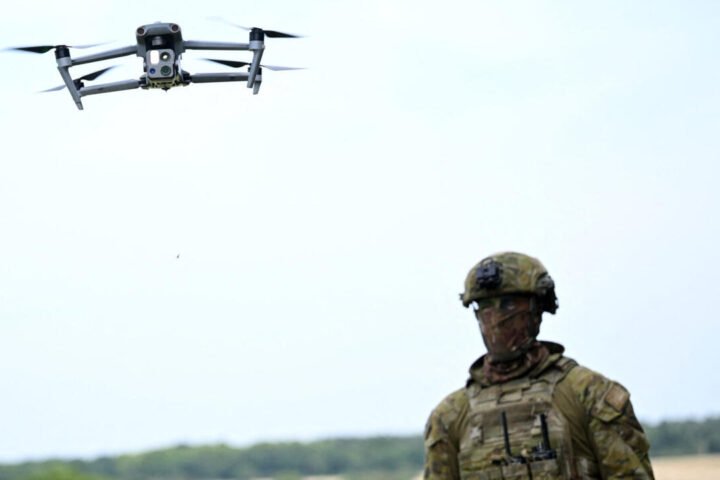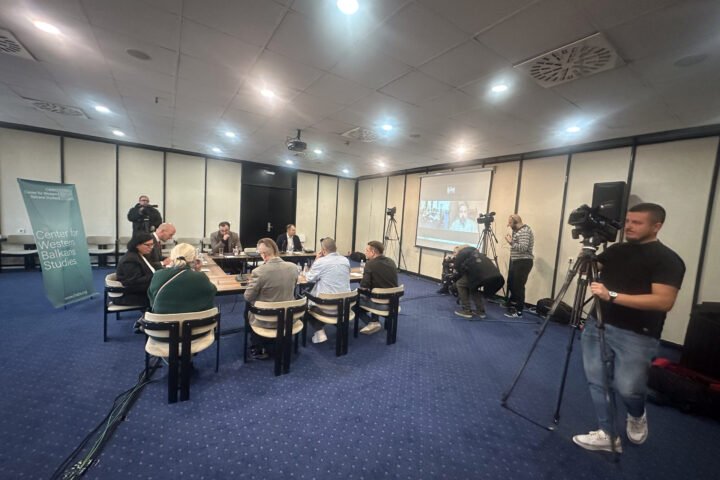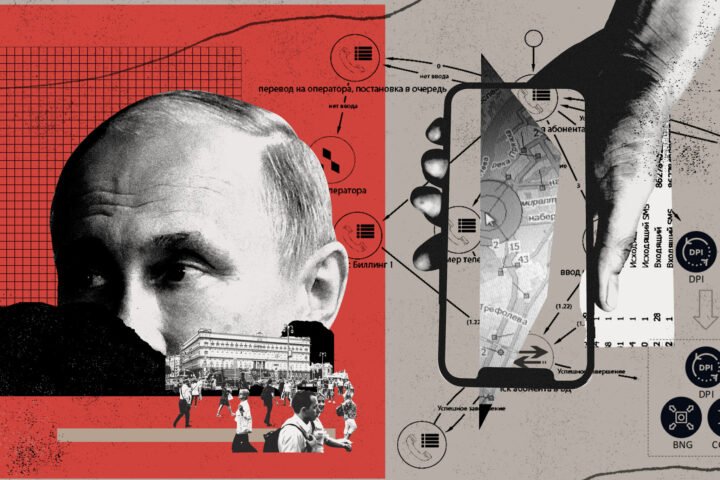On September 1, 2025, Financial Times reported that a plane carrying European Commission President Ursula von der Leyen was forced to land in the Bulgarian city of Plovdiv after its GPS systems failed. The aircraft circled for hours before the crew resorted to paper charts to land safely. Officials familiar with the incident said the disruption was considered a Russian interference operation.
Suspected jamming of navigation systems
According to EU and Bulgarian officials, the GPS systems on von der Leyen’s plane stopped working as it approached Plovdiv. Bulgarian air traffic authorities confirmed that since 2022 there has been a rise in GPS interference, including deliberate jamming and spoofing of satellite signals. The Commission’s deputy spokesperson Arianna Podestà said Bulgarian authorities suspected external interference, pointing to Russia. Kremlin spokesman Dmitry Peskov denied any involvement.
Part of a wider pattern of hybrid tactics
GPS jamming, long used by military and intelligence services, has increasingly targeted civilian aviation and infrastructure in Europe. In May, Estonia warned that Russia was disrupting GPS signals across seven countries, including Latvia, Lithuania, Finland, Norway, Sweden and Poland, as well as Britain’s Royal Air Force. Security analysts view such actions as hybrid warfare tools, designed to unsettle NATO members and send signals to political leaders. The fact that von der Leyen’s plane was affected is seen as a direct provocation.
Threat to international aviation safety
Experts stress that deliberate interference with GPS navigation poses a severe risk to civil aviation and constitutes a breach of international law, including the Chicago Convention. The incident highlights not only dangers for air traffic but also risks for shipping, telecommunications, logistics and financial systems dependent on accurate GPS data. EU and US officials are being urged to coordinate a joint strategy to counter such hybrid attacks, including intelligence sharing, rapid identification of jamming sources and possible expansion of sanctions against Russia’s defense industry.
Calls for international response
Western governments are expected to raise the issue at international organizations such as the International Civil Aviation Organization and the United Nations. Diplomats argue that systemic GPS interference undermines global aviation safety and requires coordinated condemnation. Analysts warn that if Russia faces only verbal criticism, it could be emboldened to escalate further operations that endanger civilian and military security across Europe.


